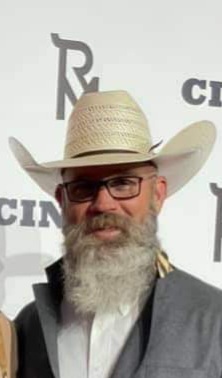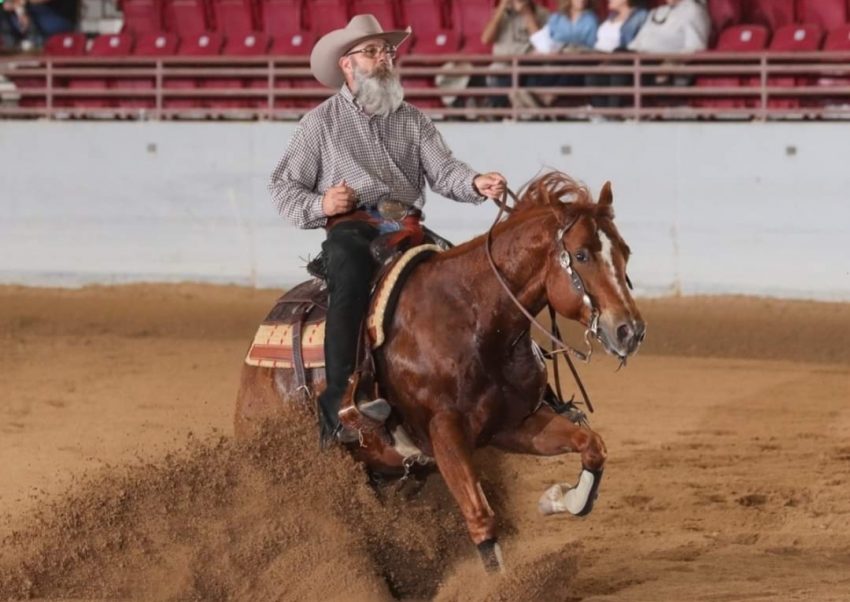
In the business world, filling a position begins with the careful evaluation of candidates. The individual’s strengths, weaknesses, personality, and track record are carefully considered and analyzed. Will the prospect fit into the culture of the business? Can he or she become part of the team and contribute? Managers labor long and painstakingly over hiring decisions.
Such pre-relationship study and evaluation are much less common in the horse industry. Most trainers are chosen serendipitously – because they are geographically located nearby, or because they seem like nice people or are a friend of a friend, or because they have been winning recently.
That might not be the ideal process for creating a long-term client-trainer relationship, according to NRHA Professional Bart Corrington. He notes, “If you are considering hiring a trainer, you need to find someone who will be able to help you enjoy the experience and achieve your goals.”
Before you send a horse to a trainer or invest money into riding lessons or coaching for yourself, stack the deck in your favor by doing your homework. Check with other clients; what do they say? Have they been there a long time or does there seem to be a fast turnover among customers?
Take the time to attend a show or two and observe the interaction between the trainer and his or her customers. Does the environment seem like one you’d enjoy or one you’d be comfortable in? Introduce yourself if you want and if not, just watch.
The next step is to spend time with the trainer at his or her facility. There you can get a feel for what a working relationship might feel like. You’ll also want to ask yourself if this person rides the way you want to ride. Do the horses look the way you want your horse to look? Are the horses being treated the way you would like for your horse to be treated?
Consider the personalities involved. Does the trainer conduct lessons in a way you would find comfortable? Does it seem like a comfortable environment in which to learn?
Think of the stereotypical old-style school football coach and that aggressive, push to the limit, louder is better technique. That approach works for some people, but it’s not for everyone. What about a more interactive and supportive style approach? Would an ultra low-key atmosphere provide enough challenge for you? Maybe your ideal would be somewhere between those two extremes.
Finding the right fit is absolutely the most important goal for beginning reiners. Corrington cautions, “If it doesn’t feel right in the beginning, then days when it’s hard, or those days when you have to write big checks will taste much worse. There are lots of decisions you will make with horses, but where you decide to invest your time and money should make those other choices come a little easier if you get into the right program.”
According to Corrington, everyone has his or her own criteria for how they most enjoy riding and showing. Some like to sit out at the horse trailer or at the stalls, drink a beer and show a horse. For them, reining is a route to relaxing and enjoying horses and friends.
Others want to proceed with focused intensity toward a goal of winning the futurity – and sooner rather than later.
Corrington noted, “The goals depend on the individual but the person you are trying to reach those goals with needs to be in the same frame of mind.”
He added, “For the past two years, we’ve all been so much busier – at least in our part of the country. We’ve done more business and given more lessons than ever. Part of it was COVID and people wanting to go outside and spend their time in a new way. Part was the overall effect of Yellowstone’s highlighting the reining industry. Overall, there is just more demand – and there are more and more new people coming into the reining industry.”
In Corrington’s opinion, the common goal of the reining community should be to engage with and then keep the new people involved. “If we help them find the route to a great fit with a trainer, and then give them a quality experience, they will keep being part of this industry. If they don’t get that, they will likely leave the industry and never have another horse. He adds that for trainers who understand that customer service should be a priority, customer retention should come naturally.
Ideally, a trainer-client relationship can last long-term and allow for rider development, but sometimes – for a variety of reasons, that is not the case. Corrington was quick to add that “If a relationship is not working, and you are not happy where you are, you can still make a change at any time. Remember that you are not stuck.”

Bart Corrington, of Tallahassee, Florida, has been training horses for 29 years. With two NRHA World Championships of his own, he has also coached multiple world champions recipients. Considering his heritage, his career path was somewhat predictable – his father Mike Corrington is an NRHA Judge and his stepfather is NRHA Hall of Famer Bob Anthony.

